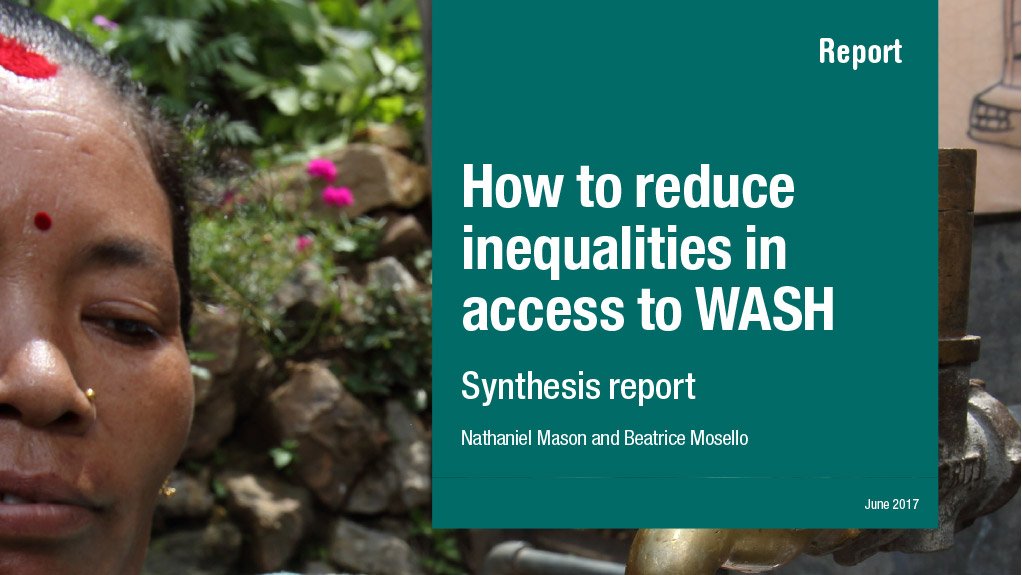- How to reduce inequalities in access to WASH (1)1.96 MB
- How to reduce inequalities in access to WASH: Cambodia3.90 MB
- How to reduce inequalities in access to WASH: Ghana2.85 MB
- How to reduce inequalities in access to WASH: Nepal2.74 MB
These reports are the results of a global study commissioned by WaterAid, aimed at understanding plausible pathways of change to promote broad-based and equitable access to water, sanitation and hygiene (WASH) services.
We conducted a political-economy analysis exploring the incentives, constraints and opportunities, with a focus on the poorest fifth of the population. We looked at three country case studies: urban sanitation in Cambodia; urban water supply in Ghana; and rural sanitation and water supply in Nepal.
These studies show varying degrees of progress in WASH coverage for the poorest quintile relative to their progress in terms of poverty and inequality reduction. In the synthesis report, we look at the implications of the findings across the three case studies for governments and their partners in working towards achieving water and sanitation for all by 2030 (Sustainable Development Goal 6), and reduced inequalities (Sustainable Development Goal 10).
Report by the Overseas Development Institute
EMAIL THIS ARTICLE SAVE THIS ARTICLE ARTICLE ENQUIRY
To subscribe email subscriptions@creamermedia.co.za or click here
To advertise email advertising@creamermedia.co.za or click here











